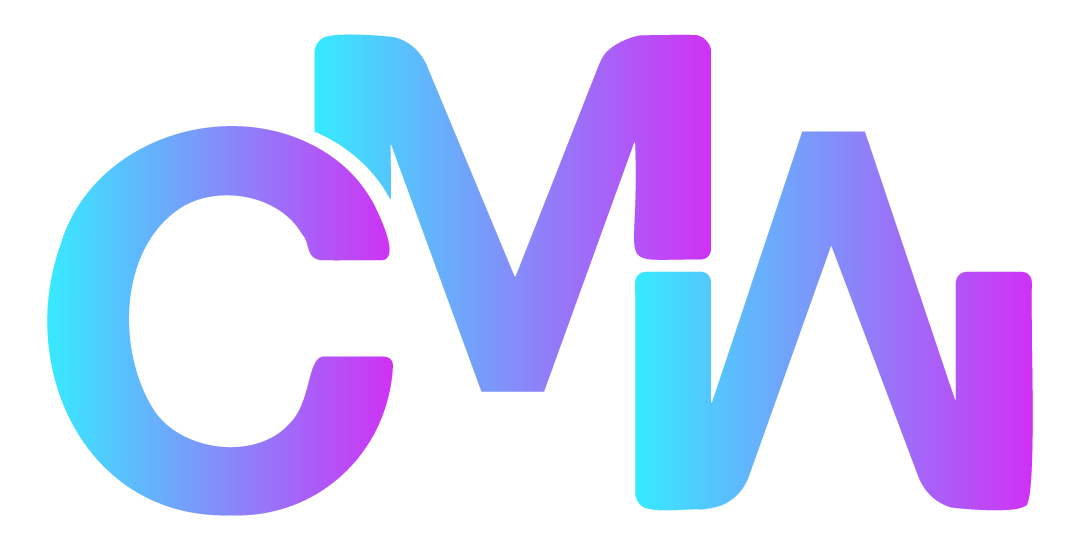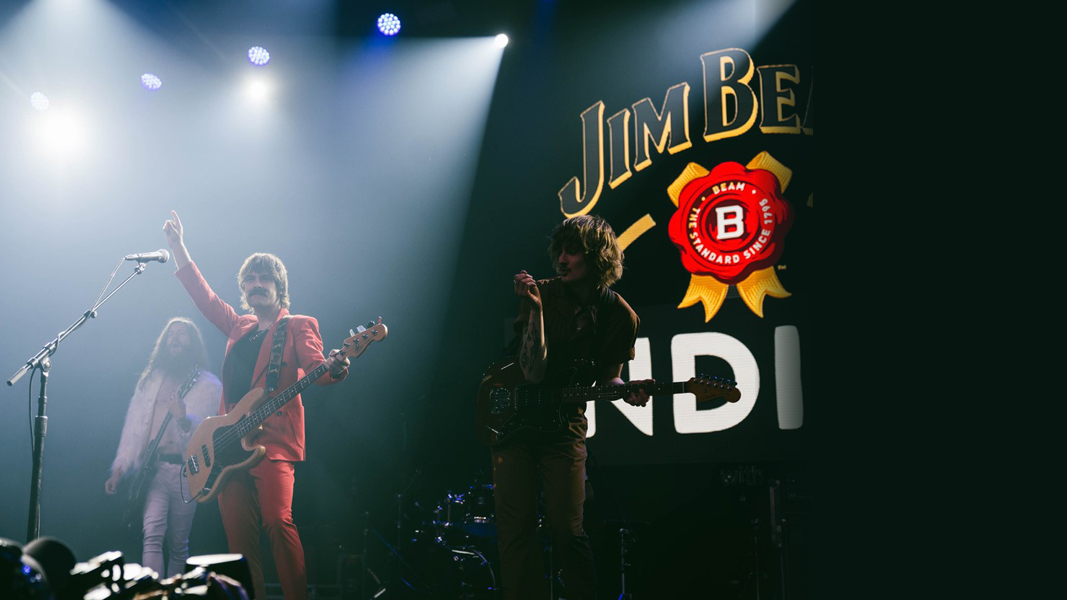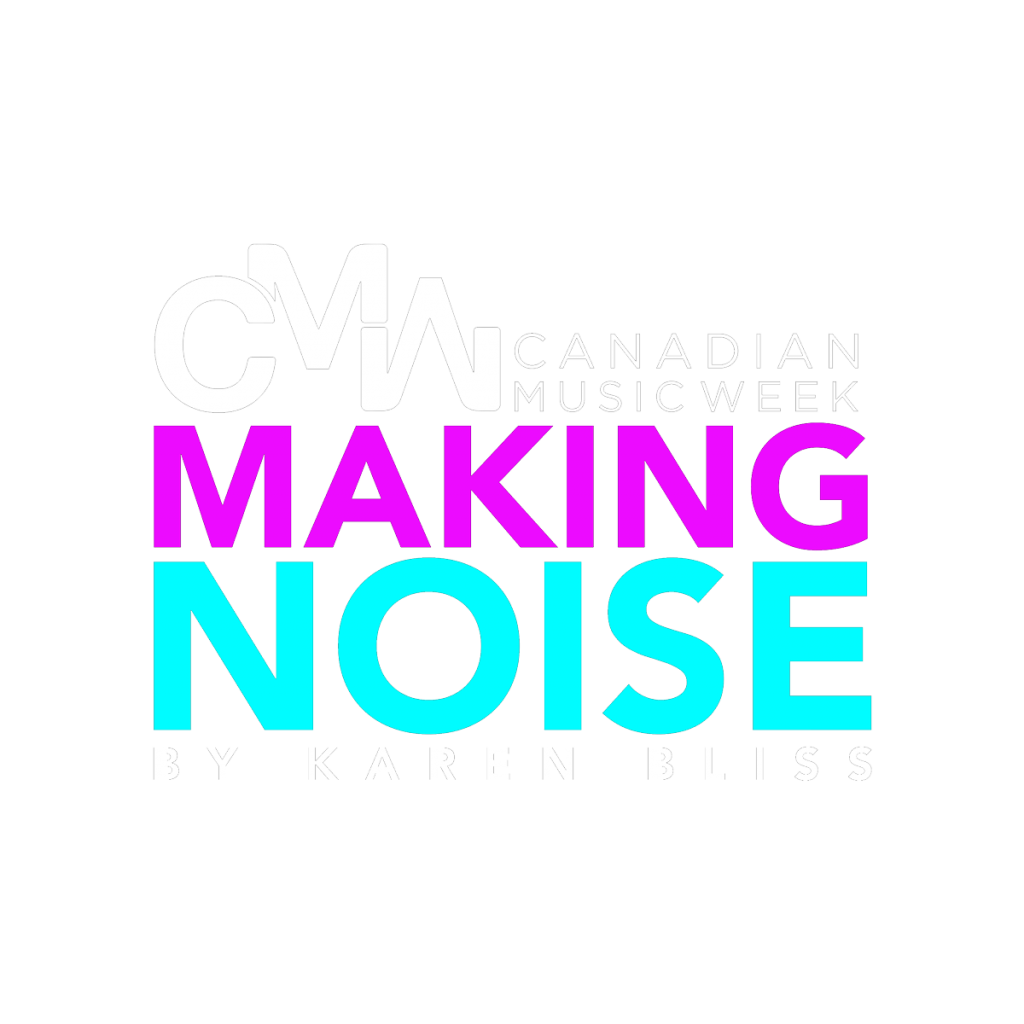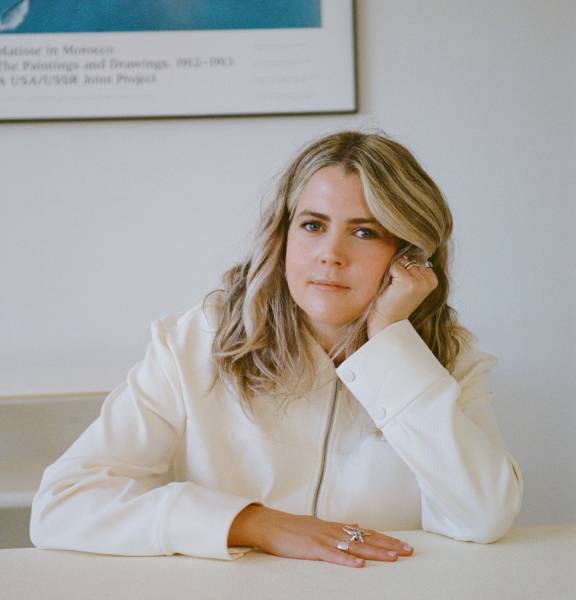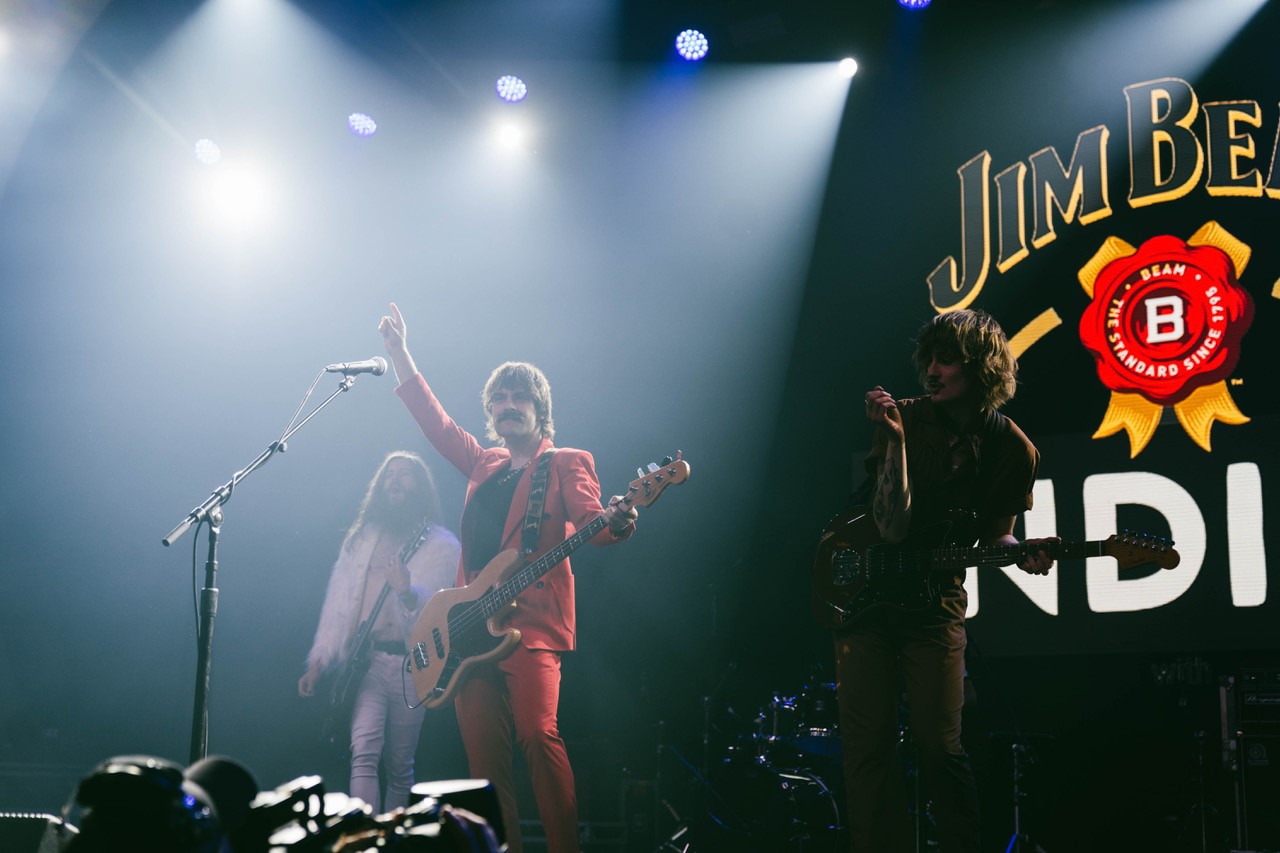
BY KAREN BLISS
Edmonton’s pop band FKB was declared the 2023 Jim Beam® National Talent Search winner during Canadian Music Week in Toronto, the bourbon brand has long been trying to help young talent get from A to B with regional competitions across the country and exposure to industry professionals and new fans.
Four years ago, FKB won their local edition, which meant a showcase slot at the Jim Beam Indies, so they entered again, won, and were flown to Toronto to battle with the other regional winners at the Drake Underground, on June 6, CMW kick-off. A panel of industry judges voted FKB the national winner.
“FKB is the kind of act that we designed this competition for. They have already accomplished so much on their own, but we wanted to help the next Jim Beam National Talent Search winner get more than just promotional exposure this year. We wanted to invest in their craft to help them get to the next level,” says Lisa Li, senior brand manager at Beam Suntory.
As part of the Jim Beam National Talent Search, FKB got to stick around Toronto and get stage performance coaching from Tom Jackson and open CMW’s Jim Beam Indies, an awards show recognizing independent artists. The other cool prize — besides a profile for Making Noise — was the opportunity to co-write a song with noted songwriter and DJ Shaun Frank (co-writer of The Chainsmokers’ “Closer,” feat. Halsey) at Noble Street Studios, and record it with engineer David Mohacsi (Alyssa Reid, Three Days Grace, Shaggy).
FKB frontman Drew Shalka tells Making Noise he is aiming to release the single “sometime mid fall.”
The whole band — Shalka, Derek Chalut (drums), Travis Topylki (lead guitar), Alex Fedorouk (rhythm guitar) — also got passes for the CMW Music Summit and Festival, which included a live workshop with performance coach Tom Jackson (Taylor Swift, Magic!, Shawn Mendes) as part of his CMW “Live Music Makeover” session, presented by Jim Beam.
FKB formed when they were just 14-year-old — Shalka and Chalut are the only original members — but have been taking it seriously the past five years, playing some 300 shows across North America, FKB is not an acronym. It was the name of a bar in their hometown of Bonnyville, Alberta, permeably one they never stepped foot in at the time, since they were way underage. “We just co-opted it and kept it,” says Shalka.
Their recording debut came in 2014 with the 123 FKB EP, and since then they’ve just been releasing single after single: 2017’s “Bright Lights” (2017), 2018’s “My Bedroom,” — which they perform in the 2020 film Moments in Spacetime, starring John Rhys-Davies (Indiana Jones, James Bond, Lord of the Rings) — 2018’s “Casual Love,” 2019’s “Backseat Daydream,” 2020’s “Glow” and 2021’s “Beautiful Fantasy.” The latter is the song, co-produced by Dan Davidson (Tupelo Honey) and Clayton Bellamy (Road Hammers), that they entered into the Jim Beam National Talent Search.
On the side, Shalka also writes with other artists. He co-wrote “Danger” on Nuela Charles’ 2018 album, Distant Danger, which earned a 2019 Juno nomination. He also has a song, “Sinners,” on Clayton Bellamy and the Congregation’s latest EP, The Ugly Truth; co-wrote all the originals on Portrait Sky’s EP, and the single, “Livin’ The Dream” with artist Brayden King.

But FKB is his priority. He talked to Making Noise about the benefit of winning the talent search, writing with Frank, working with Jackson, and what’s next.
Congratulations on winning the Jim Beam National Talent Search.
Thank you very much.
What made you enter?
It seemed like a good opportunity. We had been going to Canadian Music Week for several years and we saw this as a low-risk way to potentially improve our connections and meet more people. Why not enter it? Worst case scenario, nothing happens or we get to play another show and meet some new people or best-case scenario we win and get all this extra stuff, and that’s what ended up happening.
How did you make the most of the win when you were in town?
One of the biggest parts of our prize was a songwriting and production session with Shaun Frank at Noble Street Studios. That was a big one, just creating a song with a seasoned professional in pop music and having something to walk away with that is going to be, hopefully, our calling card afterwards. That’ll be a new piece of music for the world to hear. I think building more relationships overall is the biggest thing that we walked away with. We got to meet so many people. It was great to have more connections and, hopefully, keep in touch and keep working with these people for years to come.
The session with Shaun, was it just you or the whole band?
It was the whole band. It was the day after the Jim Beam talent search, the Wednesday [June 7]. The first day was just to write the song and do some light production on it. That was from noon till 10 p.m. the next day, and then we had one more five-hour session with him to wrap things up. It was a very tight timeline.
What’s the resulting song like?
The song’s called “Mirror on the Ceiling.” It’s a retro 80s-pop throwback, reminiscing on things that could have been, just good memories and trying to go back to them.
You’re a songwriter. You’ve written Nuela Charles and Clayton Bellamy for their records. What did you learn from working with Shaun?
Quite a bit. It’s interesting because everybody you write with, you learn a lot from. Just watching him and [engineer] David Mohacsi at Noble Street Studios, how they work — how efficient they are, how they can keep the session moving, even on a tight timeline, but even the simplicity, how to really hone in on the message you want to deliver in the lyric and make sure that people walk away with the emotion that you intend them to feel with the song, and not confuse them with the wrong phrasings or the wrong words.
What is the difference for you between writing for others and writing for FKB?
For other people, it depends on where they’re at in their career and what story they’re trying to tell. It’s always a bit different. I find that really exciting, especially with an artist who comes in and they’ve got a vision. Ofte,n we can both go to a place that no one would get to alone. Like, it’s not a place I would go, it’s not a place they would go, but when we come together it’s somewhere interesting, whereas FKB there’s a target to hit with the type of sound I want. And because we want it to be danceable, we want it to feel good and be happy music that has those hints of 70s, 80s melodies and sounds, we also want it to sound like modern indie pop. Lyrically, it’s always a bit tricky, whether we go too introspective or if we want to go super middle of the road, just straight down happy, fun song.
Your bio says you are “influenced by the mystique and glamour and excess of the 1960s-1980s entertainment business.” Do you feel that in today’s social media world with direct access to fans that it spoils that mystique?
In some ways. We do try to keep a bit of the veil up between the mundane because what our show is, we try to be very over the top and make it a whole experience. We try not to spoil it with seeming a little bit too ordinary on social media. So we do try and keep a bit of that divide.
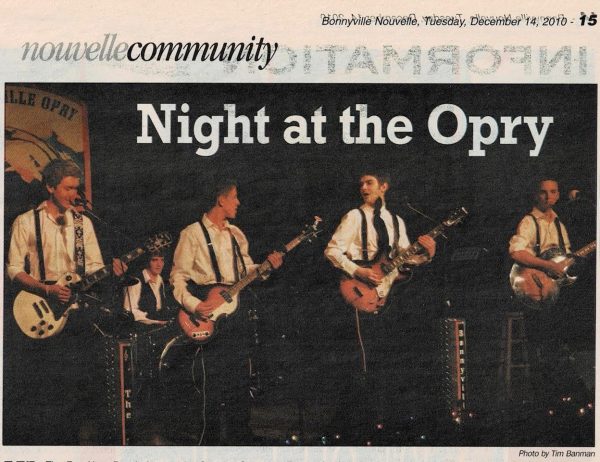
How do you plan to maximize or capitalize on this win going forward?
Just leaning on some of these relationships that we’ve built while we were in town and trying to get on more shows. Keeping more presence in Toronto, and throughout the rest of Canada, and trying to leverage it wherever we can. “Use” it isn’t quite the right word, but take this win and capitalize on it and try and just keep grinding and doing the work we’ve been doing, but with more people knowing about it and, hopefully, getting more work coming in.
Did you attend panels and keynotes?
We did a little bit. They kept our schedule very busy after we won, so we didn’t get to spend as much time at the conference as we ordinarily would have. But we did get to catch a few, while we were in for the Tom Jackson thing [performance coaching session].
How did that go? You can’t really teach stage presence, or can you? Plus, you have played hundreds of shows.
We’ve watched him for years. We’d seen him at Canadian Music Week in the past and we’ve taken a lot of his ideas. To a certain extent, you can teach stage presence, but I do think a lot of the confidence to actually take his advice comes from hundreds of shows and from being okay with trying something really crazy in front of people.
What did he tell you?
He gave us a lot of very specific feedback, like leaving space in certain spots and directing attention to where we want it for the audience, like when a guitar solo is happening for the rest of us to get out of the way. It was really cool because he transformed our song that we’d already worked out and he gave us new ideas we can do with it, how to make it longer and expand it and make people focus on the parts we want them to.
You started FKB in 2009, so you’ve been at this a while. You’ve been working with Clayton Bellamy. What’s held you back from being more well-known?
Well, one, when we started it, we were very young. It was a high school band, so we didn’t start really being able to tour until everyone was 18 and finished school. So that brought us to 2016. So 2016, 2017 is when we really started to play shows nonstop and then the pandemic hit in 2020, which was looking like it was going to be quite a good year [before covid]. We had a lot of festivals lined up and our schedule got wiped, so that put a couple of year wrench in our plans, but now it does seem like the momentum’s picking back up again.
So the experience you gained as teens is almost like articling or interning before you’ve officially launched in a professional capacity.
We were able to make a lot of our mistakes as teenagers, when no one was really paying attention.
Clayton has produced your music since 2014. How did that happen?
Clayton has been huge in our career. We met him when we were still in high school. He essentially introduced us to the music industry and helped us get our music recorded and figure out how to write songs properly. Just so many lessons from his time in The Road Hammers and living in Nashville. We still work with him extensively to this day.
Same with Dan Davidson?
Yeah. We met Clayton in, I think, 2012, and we met Dan in 2017 or 2016. He’s been incredibly helpful. He’s another one who’s taken our music to another level and helped us hone in on what we want to do. Especially Dan and Clayton together, they’re such incredible mentors and teach us so much.
They work together?
It depends. We did the last two singles, “Beautiful Fantasy” and “Glow” with them both together, but we’ve also worked with each of them separately. It just depends on everyone’s scheduling and touring.
Every released since your debut EP, in 2014, has been singles. Why?
With streaming, it just made more sense to keep putting out music videos and singles and put all our attention into one song instead of a full EP.
Will you do a full album?
I think we would at some point. In the short term, definitely more singles. We can lean more on directing people to the song we want them to hear at a given moment. It would really depend if we were going on a big tour, or if there was a label involved, or if there’s a reason to do an album. We’re quite happy doing singles and being able to pick exactly the songs we want people to hear rather than leaving it to chance by putting out a full album.
You seem to have a team. You have a booking agent, Trent Schmiedge of Graffitti Music (sic) and radio tracker, Bill Miller of Sharp 9 Music. Who else do you need on your team?
We are self-managed at the moment. We do have Trent [Schmeide] and we have Bill doing radio. As far as a team going forward, it just depends on the workload and what kind of opportunities are coming in. Probably management would be the next step at this point.
